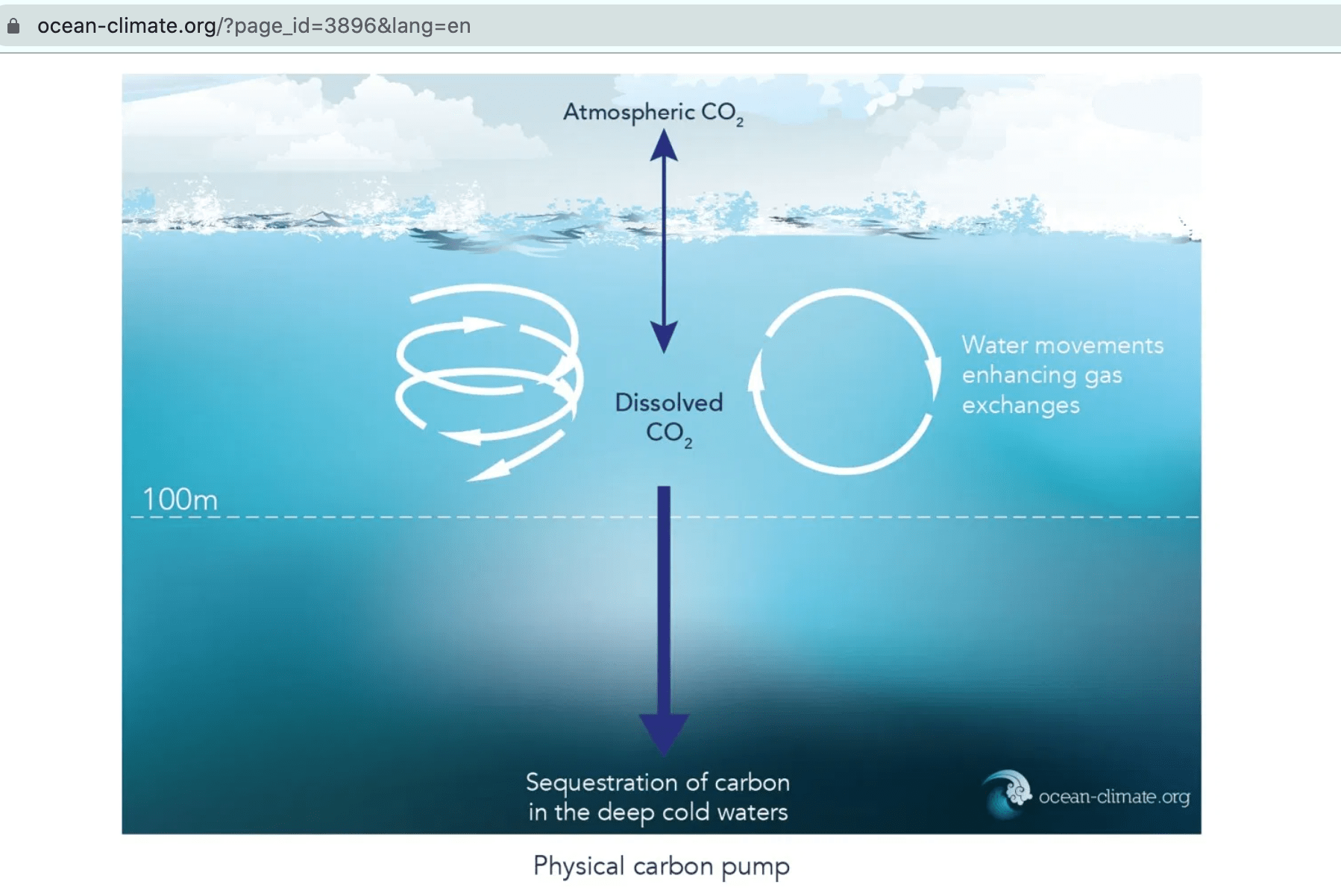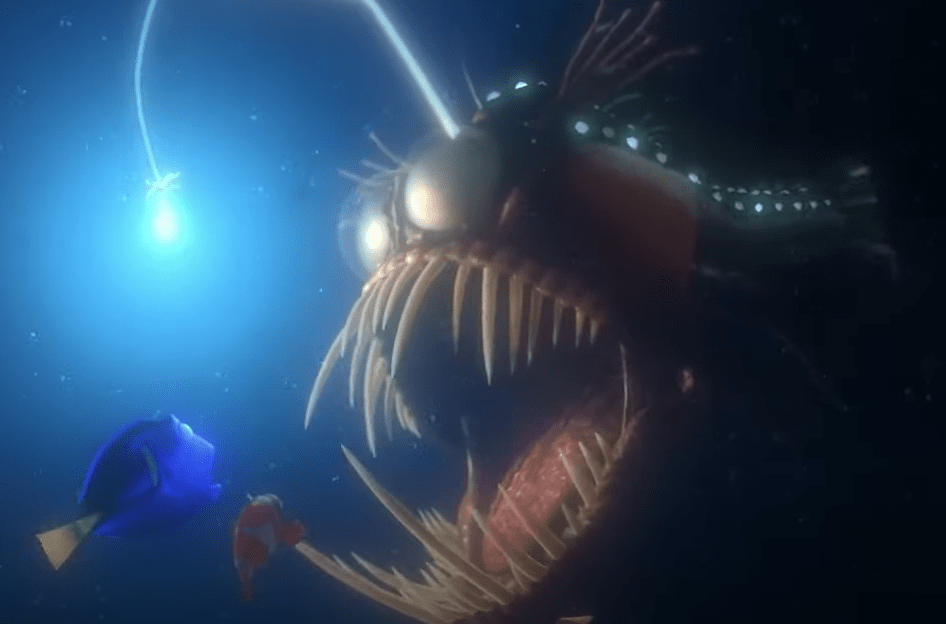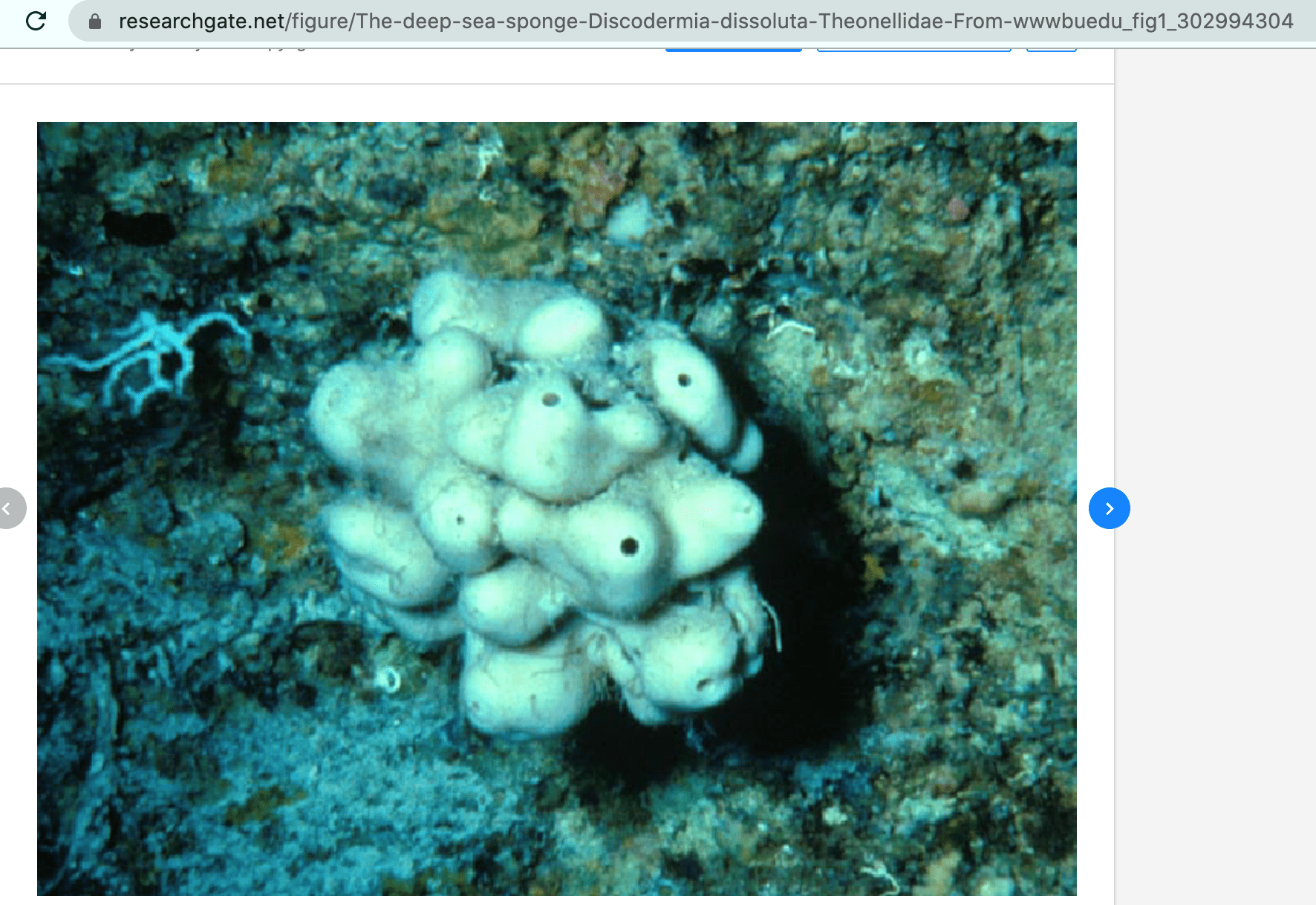It’s been an extremely hectic Week 10 and unfortunately, it’s also the reason why I took a little longer coming up with this week’s entry, so I’d like to first apologise to my readers for the delay and I hope you’d enjoy this week’s content regardless!
Despite how tough it’s been, I’ll admit that what I experienced had a part to play in spurring what I wanted to write about even more. In fact, Anna, a fellow BES batchmate, was also the one who suggested this topic in the first place, and it’s none other than the deep-sea ecosystem.

Oceanic Divisions – Everything below 200m is considered to be deep sea (Photo by K. Aainsqatsi under Creative Commons Attribution-Share Alike 3.0 Unported license.)
I’ve spent my fair share treading in deep water this week, so why not take a dive and turn it into something fun?
This time, it wouldn’t be wise to simply submerge with your typical scuba gear. Even though the world record for the deepest free dive’s (i.e. a method that relies on one’s ability to hold one’s breath) approximately 254m in depth, this could prove lethal, or worse, fatal, for many of us.
At the tender age of 21, I’d very much like to experience way more things in life (i.e. going for more dives), so let’s use a submarine instead to discover the world where the (truly) wild things are.
Growing up, I’ve always been fascinated by the deep-sea, and its content never failed to attract my attention. However, my sentiments never went beyond superficial awe, and it wasn’t until recently when I learned that it was more than simply being home to the weirdest creatures – it might be one of the answers to dealing with climate change if we protect it, and the same is said here too.
Unfortunately, while the oceans absorb approximately 33% of all the carbon dioxide we produce, there is a chance its sequestration ability will be jeopardised in light of projected emissions from anthropogenic causes.
And to think we aren’t complaining about the weather enough.
On this note, I recall how most reacted when I shared about my interest. Believe me, it wasn’t too positive. In fact, they wondered why it should be protected, and that got me thinking about my Environmental Ethics lecture, which said that most people preferred to conserve species they were familiar with and those that elicited positive emotions (i.e. thought to be cute or cuddly). Not only did I observe that in my own personal interactions, the same was also observed here.
Personally, it’s a pity there isn’t much traction where the deep sea’s concerned, especially when some species of deep sea corals might just contain the answers we need to cure cancer, which causes 1 in 6 deaths worldwide, and other diseases. Sadly, these corals’ survivability is already compromised due to increased ocean acidification and bottom trawling, and it definitely doesn’t help they take centuries to grow. At this rate, I wouldn’t be surprised if we’re close to wiping out species before we can discover what they are.
However, I strongly believe that when there’s a will, there’s a way, and one thing I’ve picked out is that there needs to be a change in the way these creatures are portrayed. It doesn’t matter if we only know 5% of what’s living in the ocean – just imagine if we had something like Finding Nemo, a story loved by all, based in the deep sea. Could that change perceptions?
Let me know in the comments below!






